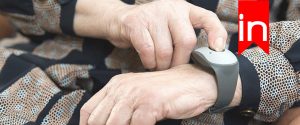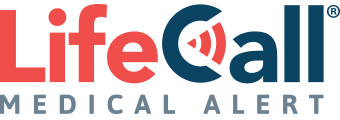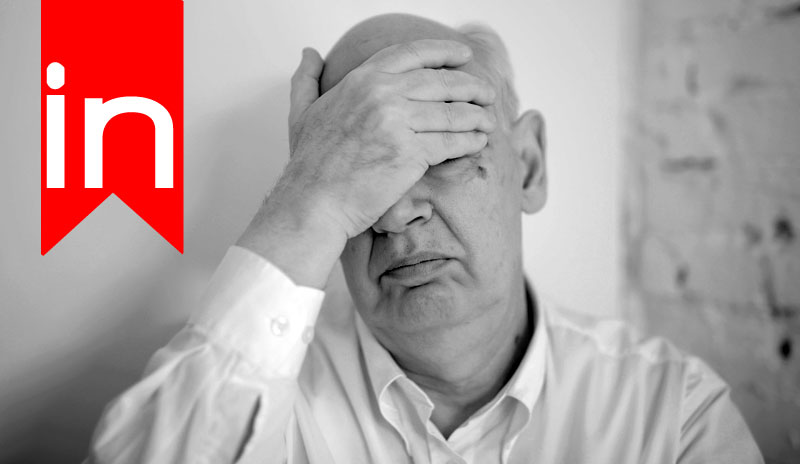What features should I be looking for when choosing a medical alert system?
Main features that all seniors/clients with dementia should have in their medical alert system include automatic fall detection, a decent battery life, some form of two-way communication with an emergency responder, and GPS tracking.
- Remember: Not all medical alert companies have these features in all of their products/plans. Double-check to make sure they do
Automatic Fall Detection
Automatic fall detection is the most important feature in a medical alert system that dementia patients need in order to be the most protected from accidental injury. Fall detection is a system that senses motion and height in a certain time frame. For example, it will sense if there was a quick change in height and motion if it happened alarmingly quickly. This tells the fall detection system that there may have been a hard fall to the ground, and will send out a signal to a nearby base unit, mobile unit, or cellular network to call for help immediately. There is no need to remember to press a button since the fall detection already called for help, so fall detection is a great feature for dementia patients.
Battery Life
Good battery life is another feature that consumers should look at when purchasing a medical security system. The device itself shouldn't require the need to be charged constantly as a dementia patient could forget to charge it. Relatively, a decent battery for a medical alert that doesn't plug into the wall should be about 4 or more days per charge.
Two-Way Communication
Many medical alert devices have two-way communication built into the product and shouldn't be too difficult to find. Once fall detection or an emergency button is pushed, a responder that is trained for answering these calls should be able to get in contact with the senior/patient and can talk back and forth to make sure that they know what is going on, and so they can be reassured that help is on the way. Two-way communication can also be helpful to alert responders that there was a false alarm in fall detection, or that there was an accidental push of the button.
GPS Tracking
GPS tracking, much like fall detection, is an essential feature to have for dementia patients. Especially for a patient that is farther along in the stages of dementia. For instance, a patient could accidentally wander away from the home and could become confused about where they are or where they were going. Having a GPS tracking device on them, as well as having a help button on them could allow them to call for help and talk to someone (via two-way communication) who could locate them back home again.
Final Thoughts
Overall, as long as a client with dementia has the four main features above in their medical system package, they should have pretty good all-around protection from medical injury. The plan should also fit a loved one’s budget and lifestyle, and should hopefully make them feel secure and safe, and allow their family members to have peace of mind over the situation.
Related Posts

Medical Alert Bracelet For Breast Cancer Patients: Essential Information for Emergencies

Medical Alert Watch With No Monthly Fee

Why Seniors Living At Home Need a Medical Alert System

Activities of Daily Living: A Comprehensive Guide to Maintaining Independence
Sponge Bath: Bed Bathing Seniors


LifeCall is an American company with a long history of providing excellent monitoring services and efficient emergency alert systems to health care facilities catering to the elderly and individuals for use both indoors and on the go all over the United States.
Call Now
1 (866) 225-1295
Read The Review


